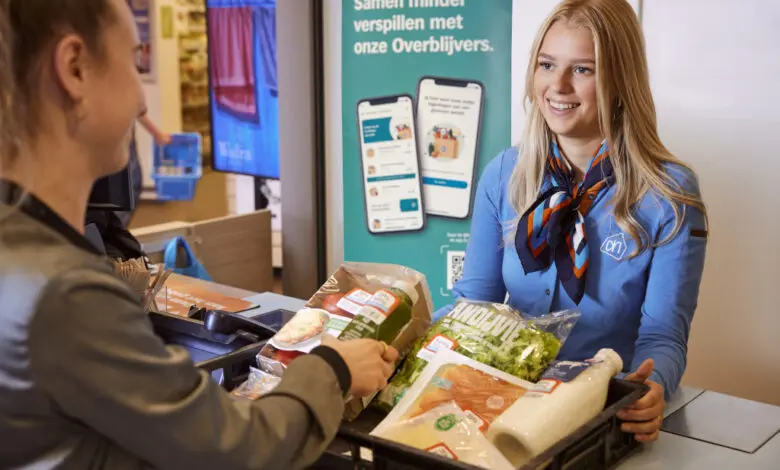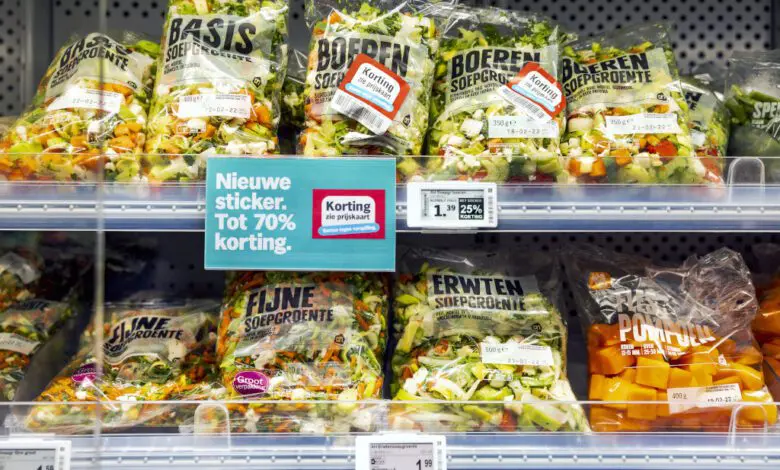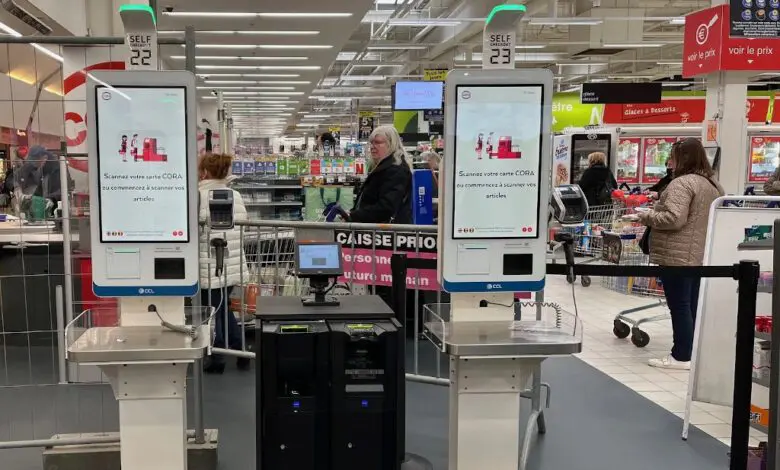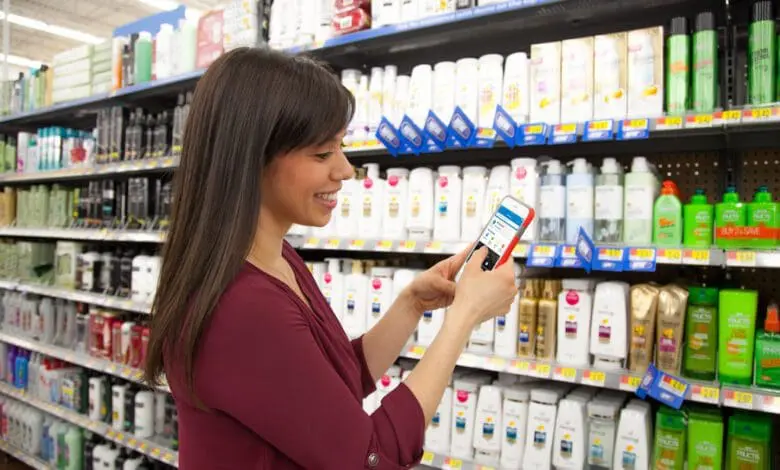Albert Heijn has introduced a new function to its customer app that aims to help reduce food waste. With the Scan & Cook application, which is based on generative AI, customers can take photos of food products and receive personalised recipe suggestions.
Read more >>Ahold Delhaize
Ahold Delhaize, Tesco, Canadian Sobeys (Empire Company) and South African Shoprite Group have joined the venture capital activities of the Australian Woolworths Group. Under the name W23 Global, the companies have founded a new venture capital company based in London. Woolworths Australia has been investing in retail technology start-ups under the name W23 since 2019. The companies now want to…
Read more >>Albert Heijn uses AI-based software for dynamic pricing in its shops equipped with ESLs. The self-developed solution is designed to help fully selling off fresh produce that is approaching its best-before date over the course of the day.
Read more >>The market for self-checkout systems is growing by 11 percent worldwide, according to market research company RBR. Biggest growth driver is the Asia-Pacific region. NCR remains the undisputed market leader, but Chinese vendors are catching up.
Read more >>The grocery retail industry sees an massive increase in number of companies offering self-scanning with mobile devices. According to a study by Retail Banking Research (RBR), retailers already offer their customers in 32,000 sales outlets worldwide to scan items as they shop. In 80 percent of those stores, shoppers can scan with their own smartphones.
Read more >>




